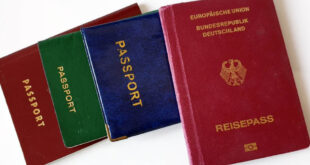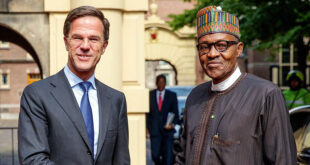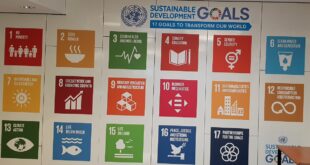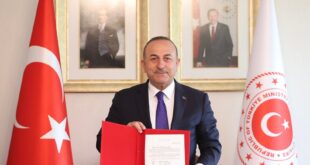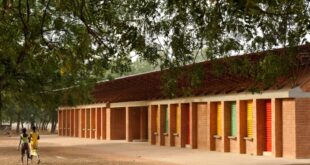Germany and Tunisia have made a deal on immigration and development aid. Under the agreement reached after talks between Chancellor Angela Merkel and President Beji Essebsi in the Tunisian capital, the North African country will take back its citizens whose asylum applications have been turned down by Germany. Berlin will reward Tunis with generous development aid.
“We have agreed with Tunisia to send back 1,500 Tunisians who have been refused (permission) to stay in Germany to Tunisia,” Merkel said at a joint press conference with President Essebsi in Tunis on Friday.
Merkel also said the German government would provide Tunisia with 250 million euros in aid for development projects.
The German chancellor also earmarked 14 to 15 million euros in aid specifically for deported Tunisians. “Those who want to return voluntarily will be eligible to receive aid,” she promised.
Merkel told Tunisia she wanted to speed up repatriation of failed asylum-seekers after Tunisian national Anis Amri drove a truck through the stalls at a Christmas market in Berlin last December. Twelve people died in the terror attack.
Amri, who was killed by Italian police two days after the Berlin attack in Milan, had been denied asylum six months earlier.
German authorities had previously detained Amri but could not deport him as Tunisia did not provide him with identity documents.
The police have detained another Tunisian man they suspect of involvement in the truck attack.
Essebsi said Tunisia would send a delegation to verify the identities of those returning from Germany. He promised smoother co-operation from Tunisian diplomats in Germany, stating “measures will be taken in the Tunisian consulates in Germany to help in (rejected asylum-seekers’) identification.”
As part of the accord, Tunisian officials will clarify any identity verification questions within 30 days. The papers needed for deportation will then be issued within one week.
Germany has vowed to send back hundreds of thousands of rejected asylum-seekers to their home countries partly to send a strong message that the country was no longer a soft destination for migrants.
Migration has also become a burning campaign issue in the lead-up to Germany’s September national elections, and the federal government faces pressure to stem the flow of asylum seekers into the country. Merkel has come under heavy criticisms for allowing a million refugees into Germany in the last two years.
The chancellor’s two-day visit to Egypt and Tunisia is part of a broader effort to boost German investment in Africa, slow the flow of migrants into Europe and increase intelligence-sharing to combat terrorism, say analysts.
Felix Dappah
 THE AFRICAN COURIER. Reporting Africa and its Diaspora! The African Courier is an international magazine published in Germany to report on Africa and the Diaspora African experience. The first issue of the bimonthly magazine appeared on the newsstands on 15 February 1998. The African Courier is a communication forum for European-African political, economic and cultural exchanges, and a voice for Africa in Europe.
THE AFRICAN COURIER. Reporting Africa and its Diaspora! The African Courier is an international magazine published in Germany to report on Africa and the Diaspora African experience. The first issue of the bimonthly magazine appeared on the newsstands on 15 February 1998. The African Courier is a communication forum for European-African political, economic and cultural exchanges, and a voice for Africa in Europe.









